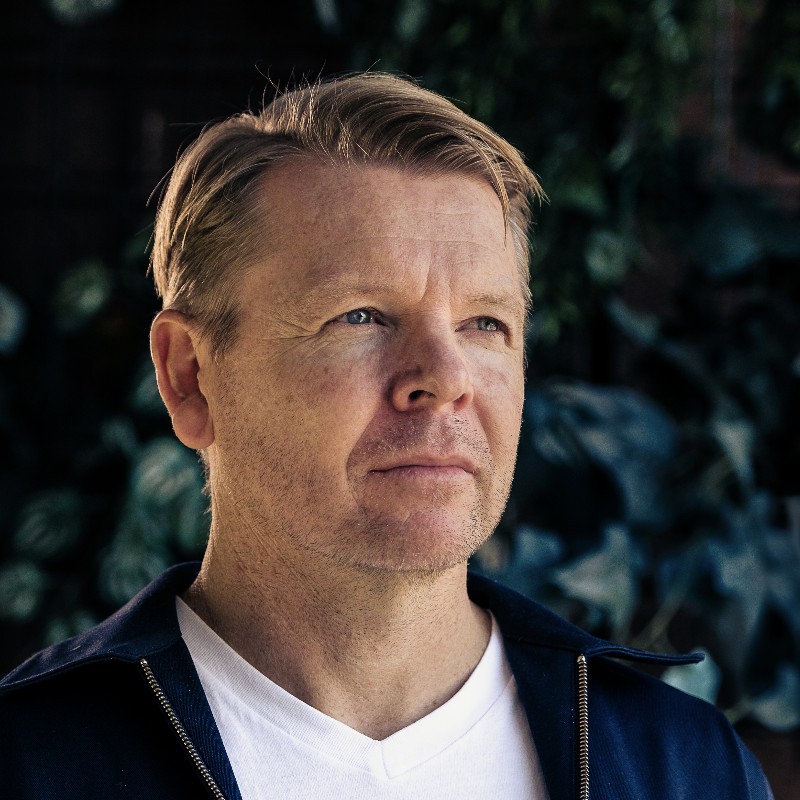A young graduate recently joined our firm. I was scheduled to catch up with her but before I did I mulled over what I could share based on my 26 years in the PR industry that would add value to her new role and her career longer term.
I boiled it down to six key points which I’ve called L.A.B. R.A.T. – I know, the acronym doesn’t exactly conjure up the best connotations for someone starting a new job, and in fact in some industries it’s a bit close to the truth, but at the very least it’s memorable and they apply to anyone starting out their career.
Become a L.A.B. R.A.T. and watch your career blossom
Look for work
Don’t be a shrinking violet, if you’ve finished a task and you’re quiet, ask for work. Speak to people and find out what they’re doing and how you can help them or do some research on your competitors or something that will deliver further insights on a client or their sector. It is those employees who are hungry and prepared to do that little bit extra who are noticed.
But make sure that if you’re going to do this, your direct report is aware of it and that the work you produce is of a high standard. It’s no use looking for work and then producing average stuff, people will merely stop using you.
Tip: when you are briefed on a project or task make sure you write it down – a couple of tasks later and a few days down the track most of us forget a lot of what was said.
Ask
Don’t be afraid to ask questions. If you’re given a brief make sure you fully understand it. What format do they want it in? When do they need it? How many words should it be? Who else do they recommend you speak with? What’s the context; this is important as it may influence your approach.
Ask to go to meetings. You may not always get a yes but it’s one of the best ways to learn. If the business you work for is hosting a seminar or a guest speaker at a client function, ask if you can attend. Be a sponge, soak everything up.
Become an expert in something
You should attempt to find an area in your role about which you are passionate. It should be one in which you would like to specialise or become an expert. For example public relations is a wide and varied field but over time I have specialised in thought leadership, and crisis and issues management.
It takes time but gradually you’ll find that people inside and outside the organisation will start coming to you for advice in that area. News of your specialist expertise will spread and you will become more sought after for your opinions and you will be valued by your clients. Furthermore, if you choose wisely, your specialist area can keep you relevant and stimulated as you travel down the path of an expert and possibly even become a thought leader.
Report up the line regularly
One of the biggest mistakes people make when starting out is not reporting up the line once they’ve been given a project. They receive a brief then beaver away and produce what they think is a wonderful report without checking back to see whether it is what the person wants. You can save yourself a lot of time and effort by reporting up the line as you go e.g. A simple: “This is what I’ve done so far, am I on the right track?” can save you a lot of time and effort.
Analyse and add more value
Don’t be content with merely accepting a brief and getting it done. Find ways to add more value. By understanding the context of the task or project you have been given, you will be in a far better position to add value beyond the brief. Once again make sure you check first with the person who briefed you before you carry it out. There’s no point in going to all the extra trouble to have them turn around and tell you that you shouldn’t have bothered.
Recently one of my junior colleagues came to me in the middle of her doing a media analysis. She had picked up that there was a bit of social media chatter around an event that wasn’t directly related to the brief but which was directly relevant to the business. She asked if she should include it in the media report. Obvious you may say but you’ll be amazed how many people stick to the brief and don’t go beyond it.
Trends
Make sure you stay on top of the trends impacting your business as well as those of your clients or customers. Not only does this give you the inside track of what could be happening in your or your client’s world but it will give you a perspective that will open your eyes to other opportunities. These could be internally within the firm or sharing insights with your direct report that could be an important insight for a client meeting.
I’d love to hear about your experiences? Have you tried any of these and if so how have they worked? Or do you have any new ones to add to these? Or do you have a work credo by which you live that you’d like to share?
About the author
CRAIG BADINGS
Craig Badings is a partner in the Sydney office of PR firm, SenateSHJ. He is a multi-published author on the topic of thought leadership. Some of his books include: Brand Stand; seven steps to thought leadership and the award winning #THOUGHT LEADERSHIP Tweet: 140 Prompts for Designing and Executing an Effective Thought Leadership Campaign which he co-authored with Dr Liz Alexander. Join him on twitter @thoughtstrategy and on LinkedIn and follow his blog post on thought leadership here: http://leadingthought.us.com/blog/
Latest.

Hiring in Australia: 5 trends redefining our job market
Hiring Insights, Industry Trends, Ask Aquent, Leadership

How to avoid creative burnout and refill your creative tank (before you really need to)
Thought Leadership

AI adoption failing isn’t the tech, it’s the people. How smart businesses overcome this.
Technology, Thought Leadership, Industry Trends




